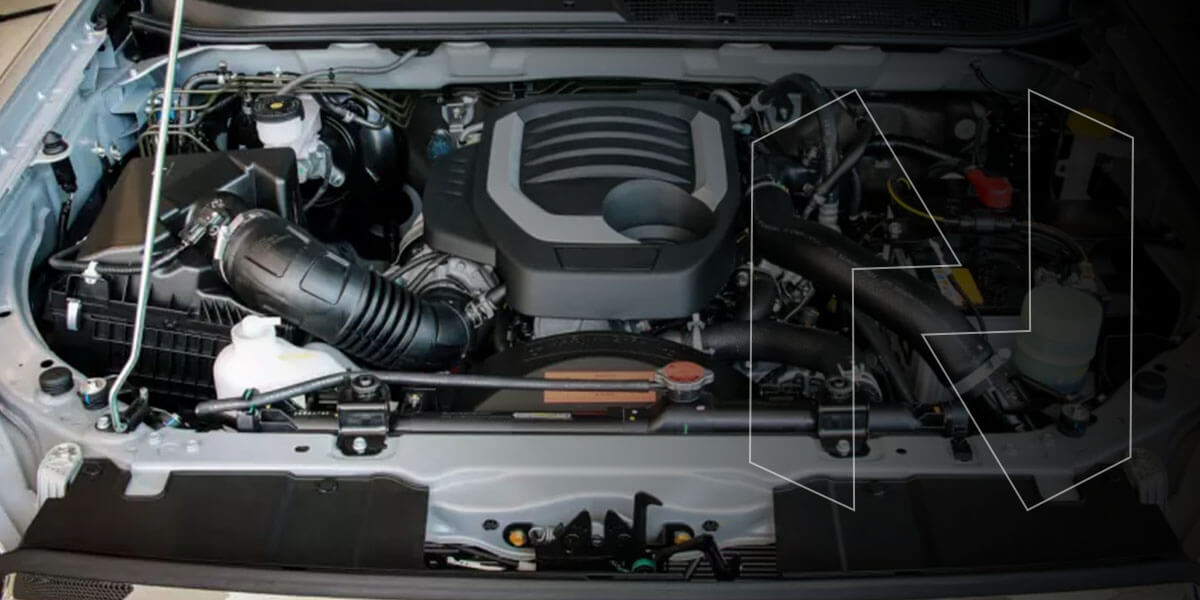

Like many other industries, the automotive industry is also experiencing rapid transformation due to continuous technological advancements. One aspect that’s heavily impacted is automotive design, which has implemented key changes in the past decade, such as autonomous driving, electrification, and digital integration.
Engineering plays a vital role in these advancements and other future changes in automotive design, more specifically, component manufacturing. As cars transition to new technology, smarter engineering, and sustainability, car manufacturers are tasked with innovating to maintain competitiveness.
Adapting to an industry driven by the need for change means that stakeholders have to become connected enterprises that are data-driven and use digital technologies for innovation and communication. For automakers, component manufacturers, and design engineers to adequately adapt to the fast-paced changes the industry is seeing, focus needs to hone in on the following categories:
The supply chain and manufacturing sectors are embracing change, with new trends emerging in the automotive industry. Manufacturing will become modular with the number of technologies incorporated into vehicle functionality. These manufacturing changes can be broken up into three sections that will redefine the automotive industry’s operations over the next two decades:
As automotive manufacturers continue to embrace innovative technologies, they can also benefit from exploring business automation strategies to streamline their operations. Implementing automation can enhance efficiency and reduce costs, which is crucial in a competitive industry. Additionally, understanding advanced manufacturing techniques like high-speed stamping can significantly improve production capabilities, allowing for faster turnaround times and better product quality.
There are a number of processes that are redefining automotive parts manufacturing to increase parts durability and performance. Manufacturers are starting to adjust their factories and source providers who can provide components made using these techniques:
Traditional methods of automotive design are somewhat scattered, with a focus on sourcing components from various supply chain vendors. Thanks to a core operation that had to synchronize efforts from a wide variety of suppliers, manufacturers were hard-pressed to incorporate new features into vehicles.
As the industry progresses, the focus shifts to a software-driven model offering regular, remote updates. This works to simplify hardware design and functionality, moving away from individually designed engine control units and toward continuously improving driver experience. Changes like these will prompt more automotive regulations and standards that include a cybersecurity ecosystem and standard regulations from governing bodies.
Industry 4.0, or the Fourth Industrial Revolution, is the nomenclature for the expansion of digitization and robotics in manufacturing. It paves the way for lean management solutions, and the future of automotive design is ready to relish these new opportunities, such as customer focus, modularization, flexible production operations with real-time capacities and sustainable business practices. The implementation of these becomes increasingly evident when looking at future changes in automobile technology that are already emerging. Some trends that show incredible potential include:
As automotive design evolves, speed, flexibility, and integration are everything. At New Concept Technology, we support cutting-edge programs with in-house design, tooling, stamping, molding, and assembly — all under one roof. That’s how we help companies bring innovative components to market faster.
Component manufacturing is at the heart of the automotive industry’s transformation. It forms part of the major trends shaping the present and future of product design in the automotive industry. The importance of component manufacturing manifests in several ways, including:
Innovative manufacturing processes, like precision molding, high-speed stamping, and automated assembly, allow automakers to produce more complex designs. They also enable the use of lightweight and high-strength parts for autonomous vehicles, electric vehicles, and connected cars.
The transition to the use of lighter automotive materials requires specialized manufacturing processes. Carmakers will rely on component manufacturers to develop and refine existing car manufacturing processes to accommodate new materials and effectively reduce weight and improve fuel efficiency.
Streamlining manufacturing processes through automation, rapid prototyping, and digital twins can help accelerate car brands’ time-to-market. This also facilitates a quick response to emerging auto trends, evolving consumer demands, and changing regulatory requirements.
As the automotive industry shifts toward modularization, component manufacturers become vital players in automobile design and module production for new components. They are crucial in empowering automakers to upgrade their models with new features or customize vehicles for different markets and customer preferences.
The automotive industry is also seeing a growth in the demand for sustainable manufacturing practices, particularly energy-efficient production, recycling, and waste reduction. The move toward greener processes and materials helps automakers meet environmental goals and customer expectations on sustainability.
Design trends and technological innovations may vary frequently, but ensuring quality and compliance with regulatory standards is still a must. As vehicles become more complex, safety becomes more critical. The International Organization for Standardization (ISO) and International Automotive Task Force (IATF)-certified component manufacturers are vital for producing precise and reliable components that meet quality and safety standards.
Moving forward, the distinguishing factor between competitors in the automotive design field will depend on product SVD capabilities. With a focus on high-strength materials, technological advancements and sustainability, manufacturers need to reevaluate their in-house and outsourcing strategies to keep up with demand.
New Concept Technology utilizes a single supply chain and cross-functional design teams to offer you a cost-competitive product line solution. With ISO 9001:2015, IATF 16949:2016 and ISO 13485:2016 certifications, you can be confident in our advanced capabilities to deliver innovation, design and manufacturing of automotive components. Contact us today for a free engineering evaluation or to learn more about our high-speed manufacturing processes.